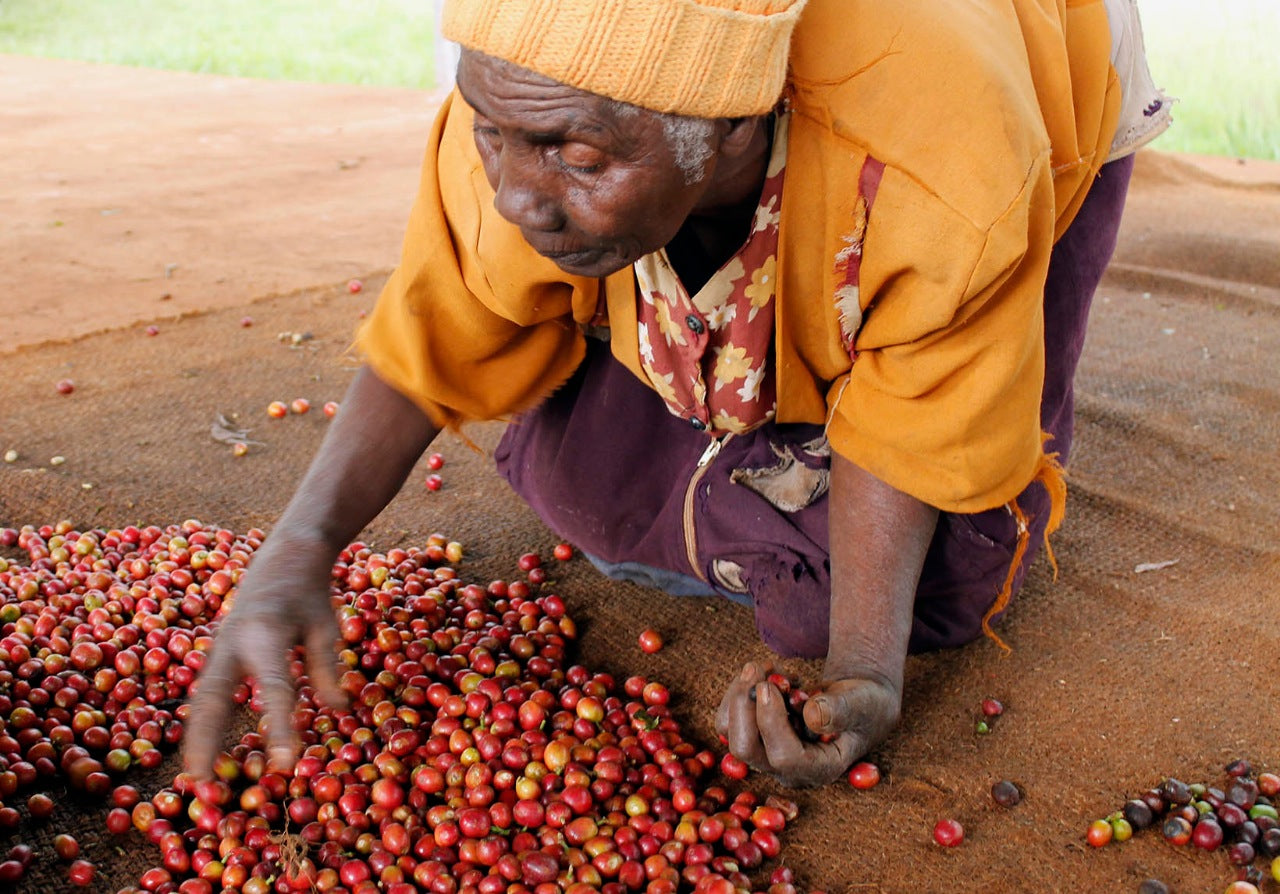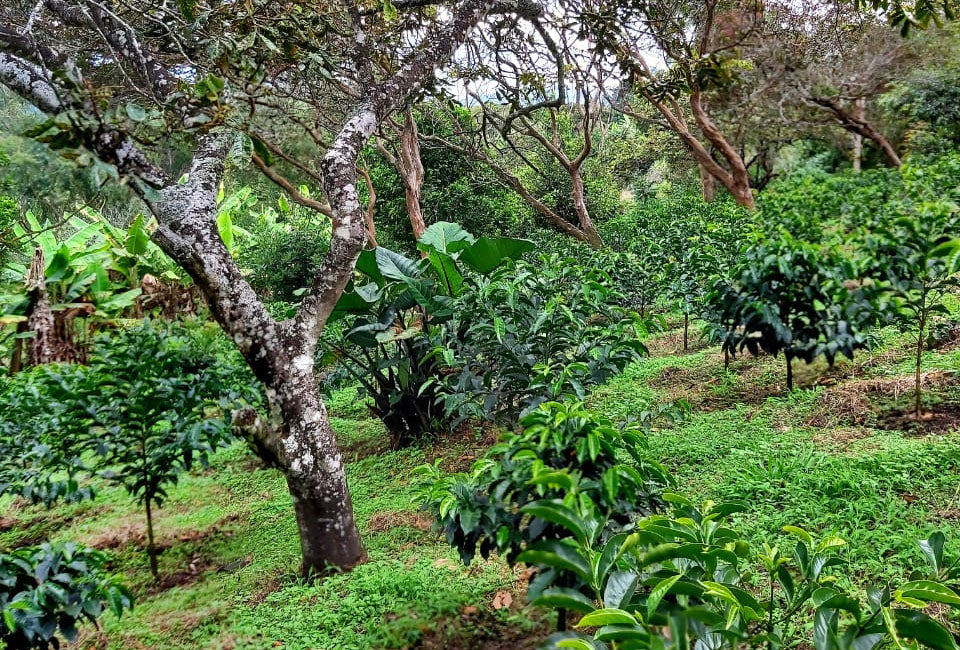During our recent visit to Kenya, mainly Nyeri and Meru, the newspaper Daily Nation exposed the shameful impoverishment of the Kenyan farmers.

In several consecutive articles which spanned over a few days, it highlighted the damage that was done to farmers and the coffee sector. There is a will to deconstruct the current cartels which conspire to rob coffee farmers. The remedy is to establish a transparent commodities exchange to ensure the farmer receives an honorable price.
Today farmers obtain 60 Kenyan Shillings (US $0.6) per kg of picked cherry. To produce 1kg of green beans, 6+kg cherry are picked and sorted, hence farmer receives $3.5 per kg of green beans. This should cause a wrath by any human being, since a kg of roasted coffee at your local supermarket/coffee bar is sold for approximately US $20-60+ per kilo, depending on quality.

When farmers pick their coffee and take it to the factory (sorting and wet station) they lose control of their crop. Farmers have no negotiation power, no particular knowledge and no responsibility over their crop. Therefore, knowledgeable people with particular financial interest, decide the quantity and quality of the final product while leaving the farmers in the mist and misery.

I met with the First Secretary of the Royal Norwegian Embassy in Nairobi. He was very kind and introduced me to the Kenya Human Rights Commission (KHRC). They have issued a report with the financial assistance from the Norwegian embassy, “Robbery Without Violence”. The research covered 7 counties (Migori, Nyeri, Muranga, Kirinyaga, Kericho, Meru and Kakamega) and 4 crops (Coffee, Tea, Rice and Sugarcane). The research report captures interview responses from hundreds of smallholder farmers, perceived benefits of belonging to a co-operative society and reality on the ground, grievances by farmers against factories, benefits and losses of belonging to a society as well as county government interventions. It further interrogates the existing policies and laws.
http://www.khrc.or.ke/resources/publications/doc_download/110-robbery-without-violence.html
I had the pleasure to serve Aeropress:ed coffee to the station managers, the agronomist and staff at Thageini. The coffee is processed at the Aguthi wet station in Nyeri.

We received a fresh crop very shortly before the trip to Kenya, roasted it and returned it to the origin. None of them had ever tasted their own coffee.
For several years we have personally been working hard for transparency and empowering farmers with knowledge in respect to husbandry, trading and pricing. Our background within the UN system and various branches led us to visit coffee farms during our free time. In early 2010, we focused on bringing a dedicated farm in Meru back to its glory days. Having lost their farming father, we supplied the Kiarago brothers with a pulping station and initiated a direct trade mechanism in compliance with the UN’s Millennium Development Goals, Transparency Trade, to make sure they were properly paid. Most importantly, we demonstrated and verified that such endeavor could be done by empiric deduction and act as a proof of concept to be highly replicable. We wanted the end consumer to be in direct contact with the coffee producer. In an even more demanding world of food and beverage consumption, knowing what we eat and drink becomes more significant.
This illustrates the need for constantly bringing knowledge back to the producers to ensure husbandry is uphold; coffee is properly grown, nurtured, pruned, picked, sorted, processed, dried, milled and stored.



